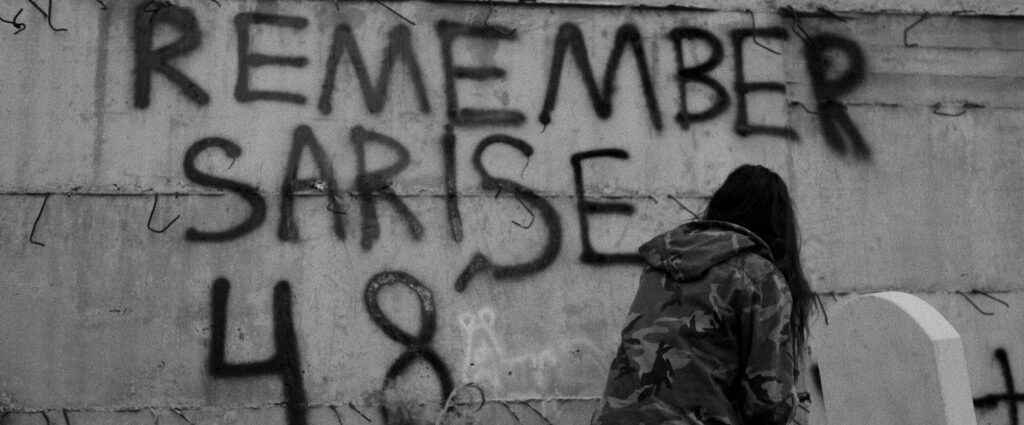Angel Iglesias Ortiz
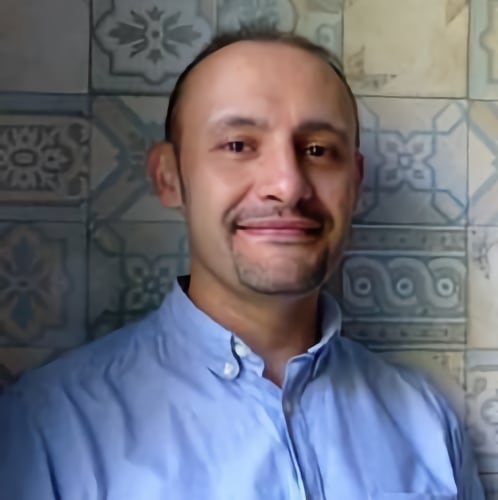
Angel holds a Ph.D. in social sciences (2019) from Tampere University, Finland.
He is a research associate in the Tampere Peace Research Institute (TAPRI) and PI of FoRE/HOPE. Previously, he was an Academy of Finland post-doctoral researcher at the Spatial and Political Agency Research Group (SPARG) and a visiting scholar at El Colegio de la Frontera Norte (Tijuana, Mexico). His research combines insights from peace and conflict studies and critical border studies to address questions about forms of violence and everyday peace in border areas, with a particular focus on the Mexico-US border. Other research interests include epistemic violence, the politics of representation, visual politics and border art.
FoRE/HOPE component
Angel’s work focuses on the case of people who are forced to stay at the border between Mexico and the US and looks at the everyday strategies they use to face a hostile and violent environment at this border. The positionility of these people will show how resistance and hope appear as a counter-strategy dealing with the current border regime.
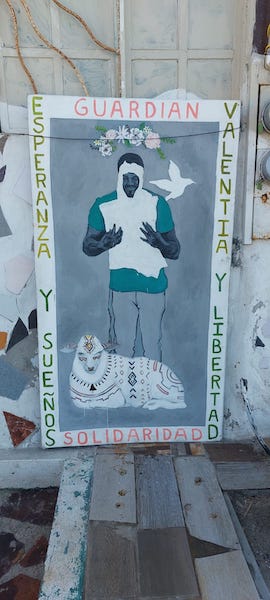
Bayan Arouri
Bayan is a doctoral researcher in Peace and Conflict Studies at Tampere Univsersity. She holds Master`s in Human Rights and Human Development from the University of Jordan. Her PhD research focuses on social practices that unfolds peace and resistance within Syrian refugee communities; she also looks into violence forms, including epistemic violence in such contexts. Her research interests include refugee and forced displacement studies, gender in the so-called Middle East, ethnography, epistemic injustice, de/postcolonial feminism, and critical development.
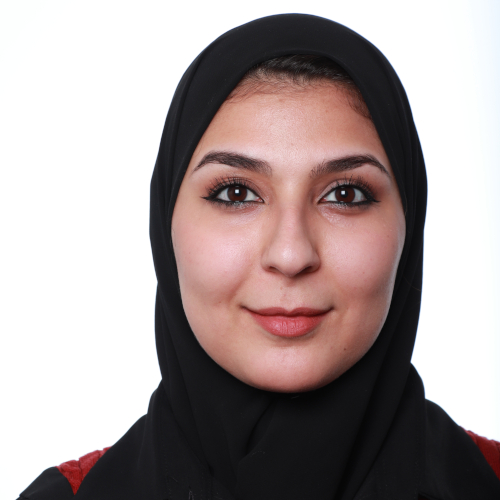
FoRE/HOPE component
In FoRE/HOPE project, Bayan’s primary responsibilities revolve around the analytical and conceptual aspects of the project, mainly exploring how hope and resistance are (inter)connected. She will be deeply engaged in analyzing data to uncover significant patterns, insights and reflections that inform our understanding of resistance and hope practices across diverse contexts.
Prince Duah Agyei
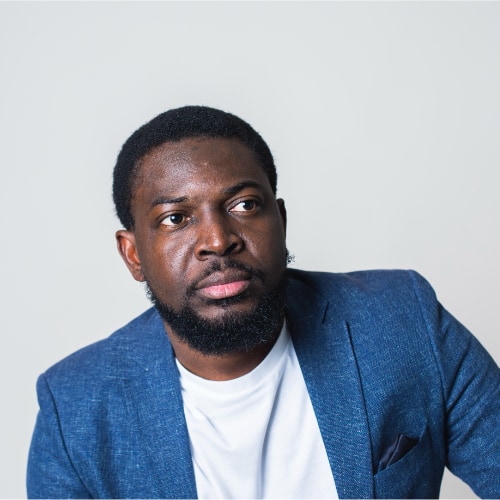
Prince is a Postdoctoral Fellow at the Tampere Peace Research Institute (TAPRI), Tampere University, Finland. Prince holds a PhD and a Master of Social Science Degree in Peace and Conflict Research from Tampere University and a Bachelor of Arts Degree in Theatre Arts and Political Science from the University of Ghana. His research focuses on visual peace, migration, integration, and the intersectionality of peace, (in)security, and democracy in Africa and Europe.
FoRE/HOPE component
Building on the premise that hope and resistance are intrinsically linked, Prince’s contribution to the project examines the intersectionality between migration intentions, trajectories (strategies of hope), and the lived experiences of African migrants in Finland. His work particularly highlights the covert strategies and efforts employed by these migrants to navigate and counteract their adverse experiences (resistance strategies) to theorize the interrelatedness between hope and resistance
Meeri Tiensuu
Meeri is a doctoral researcher at Tampere University with a keen interest in the intersections of inequalities, peace and social justice. Her PhD research explores migrant integration in Finland, particularly its links to different forms of violence and the processes that foster everyday peace. She holds two Master’s degrees: one in Development Studies from the University of Helsinki and another in Peace, Mediation and Conflict research from Tampere University

FoRE/HOPE component
In FoRE/HOPE project, Meeri investigates the university takeovers that occured in the fall of 2023. Her case study explores the experiences, ideas and emotions of the students involved, aiming to deepen the conceptual understanding of resistance and hope. How hope and resistance circulate before, during and after the university takeovers? How these concepts are embodied in the act of taking over a university premises?
Ilaria Tucci
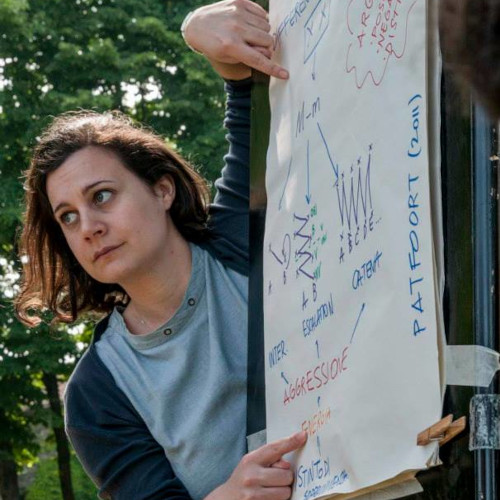
ILARIA TUCCI (she/her) holds a PhD in Peace and Conflict Studies from Tampere University (Finland, 2022). She is a professional actor (MA in Acting, 2002) and graduated with honors from the University of Pisa with an MA in Peace Studies (2013). Her research integrates applied theatre and peace research. Ilaria’s arts-based doctoral research focused on a community-based theatre experience she facilitated in Lampedusa, working with local activists to address the everyday contradictions at the militarized border of Europe. Recently, she served as a postdoctoral researcher in the Homeward project, exploring homemaking and integration practices through co-creative workshops. She is a board member and current President of EuPRA, and a council member of IPRA.
FoRE/HOPE component
In her post-doctoral artistic research, Ilaria investigates how multilingual dramaturgies and narratives can be understood as forms of resistance and practices of hope. In the FoRE/HOPE project, she transforms ethnographic material from various cases into a multilingual interactive play, which will be staged at the conclusion of the project under her direction.
Ebru Sevik
Ebru is a doctoral researcher in Peace and Conflict Studies at Tampere University. She holds a master’s degree in urban design from the Middle East Technical University, Turkey. Her research focuses on everyday life, urban encounters and peaceful coexistence in various urban contexts. Methodologically, her research draws on ethnography and spatial mapping.

FoRE/HOPE component
In FoRE/HOPE, Ebru’s responsibilities mainly consist of building the conceptual link between hope and resistance. She works across the rich empirical data from the research contexts of the project to unpack the temporal and spatial aspects embedded in everyday practices which help understand the ways in which the practices of hope and forms of resistance intertwine.
Zahra Edalati
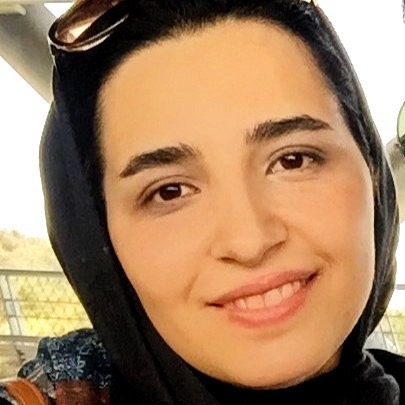
Zahra is a doctoral researcher at Tampere University. She holds two master’s degrees: one in Peace and Conflict Research from Tampere university, and the other in Communication and Journalism from Iran. Her PhD research explores transnational networks of solidarity among Iranian women both in Iran and the diaspora, with a focus on how the experiences of women from diverse backgrounds and politicization processes shape their perceptions and their differentiated positions on gender issues in Iran. Her research interests include feminist auto-ethnography, feminist peace, intersectionality, identity politics, and decolonizing perspective. She has teaching experience in courses such as Feminist Peace, Memory Politics, and Decolonial Peace.
FoRE/HOPE component
In the FoRe/Hope project, Zahra explores everyday forms of hope and resistance in Iran. She focuses on street art and the embodiment of resistance and hope inspired by the Woman-Life-Freedom movement. Zahra examines how street art gives visibility to unseen and suppressed bodies in public spaces. She sheds light on the meaning and dynamics that lie within protest art in the streets.
Cæcilie Svop Jensen
Cæcilie is a doctoral researcher with Tampere Peace Research Institute, and in her dissertation she explores the links between diasporas, conflict and peace. Focusing on people of Somali origin in Denmark and Finland, Cæcilie is interested in how people navigate everyday processes of violence and peace in diasporic spaces. She holds a BA in Peace and Conflict Studies from Malmö University and an MA in Peace, Mediation and Conflict Research from Tampere University.
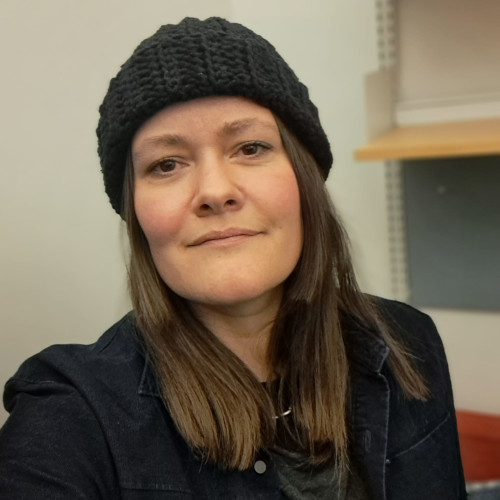
FoRE/HOPE component
In the FoRe/Hope project, Cæcilie explores everyday forms of resistance in marginalized spaces in Finland, focusing specifically on people of Somali origin. She looks at how navigating experiences of marginalization can be seen as everyday restistance against oppressive structures and the role of hope in this context. In addition, she investiagtes practices of hope in the case of ongoing violence in the country of origin, and thus delves into transnational dimensions of resistance and hope.
Bram J De Smet 🍉

Bram holds an engineering degree in Robotics and a Master’s in International Conflict and Security from the University of Kent. He is about to defend his doctoral thesis at Tampere University (TAU). His research delves into the slow erasure of Indigenous identity, agency, and episteme, examining these processes as forms of genocide by attrition perpetuated through body politics and biopower. He’s a board member of EuPRA.
FoRE/HOPE component
Hope, resistance… and humour
Bram’s research in the project explores the resistance offered against slow erasure as part of genocide by attrition within settler colonialism. How are hope, resistance and humour intertwined during interrogation+torture? How is humour used as a tool in resistance both within Palestine, among Palestinian refugees, and among activists in pro-Palestine demos in Finland?
